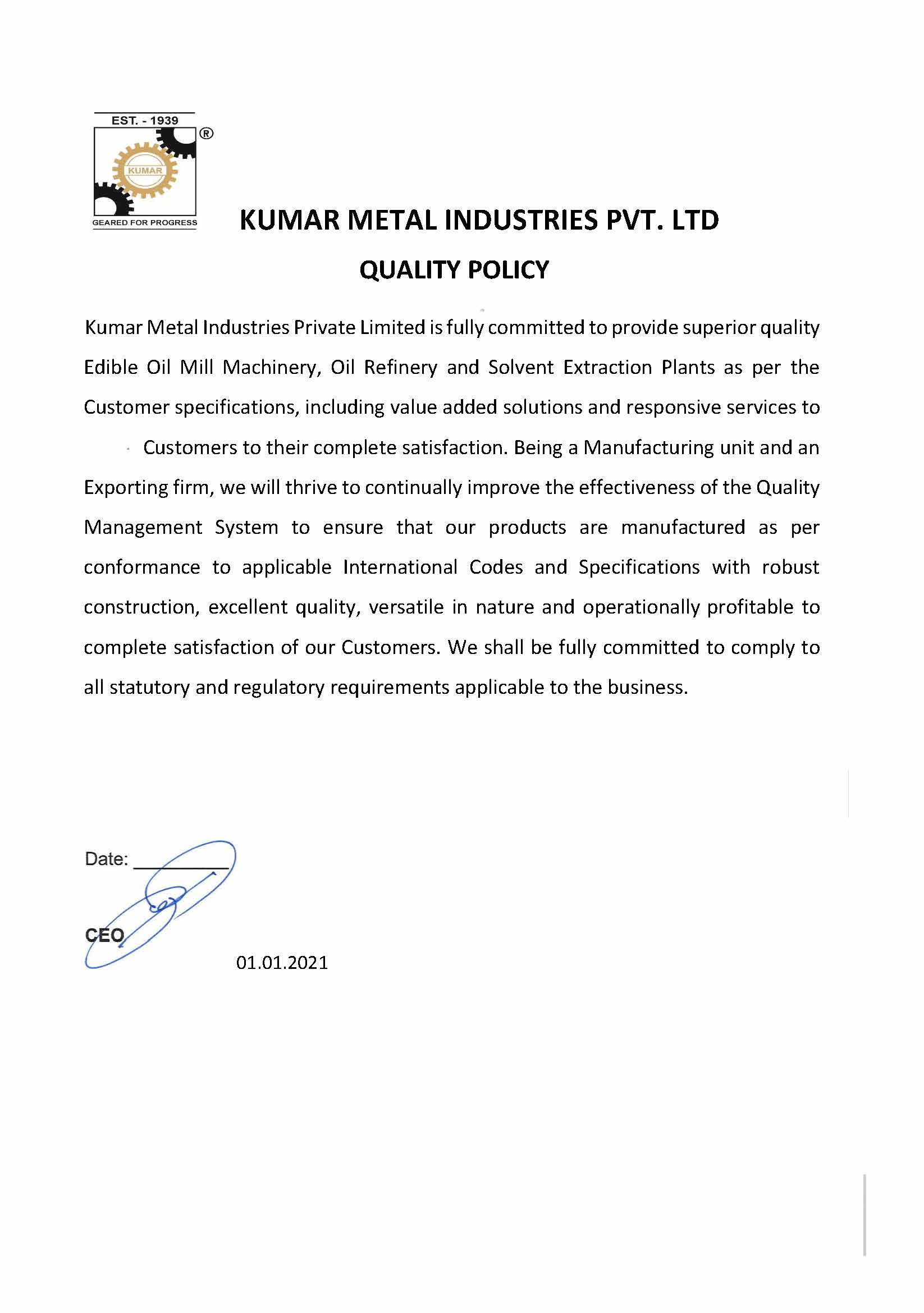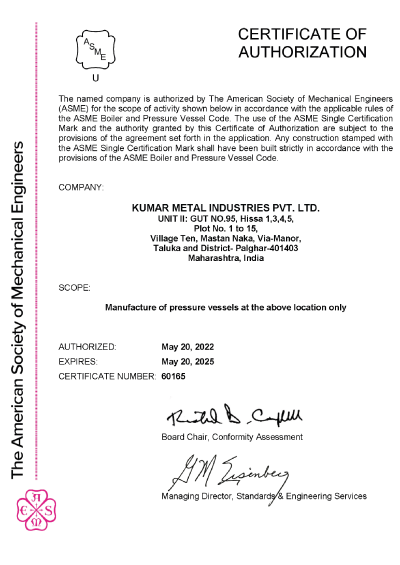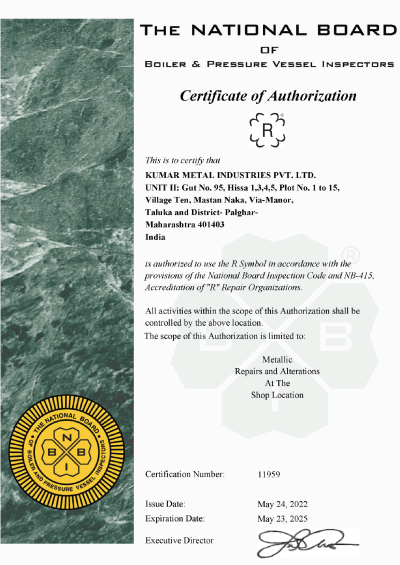
Since profit margins in the edible oil industry are notoriously low and competition has increased tremendously, ensuring optimum utilisation with higher efficiency of the refinery plant and value addition by processing by-products is key to viability and profits. It is all depending on the desired end product, starting material and overall efficiency of process plant.
Here are 5 reasons your refinery may be operating under capacity and what you can do to address each of these issues:
Lack of proper production planning
Supply delays or shortage of feedstock, raw materials and chemicals can bring your refinery to a grinding halt. The key to ensuring that your refinery is continuously operating at capacity is to plan your production cycle and manage your supply chain efficiently. Planning is the biggest defence against delays and cost overruns. The desired outcome, the estimated costs, and predicted benefits must all be clarified. This will reduce budgeting and schedule overruns. Lack of a plan also hampers monitoring and timely corrective action. Prepare a detailed production plan based on your plan capacity, availability of feed and supply chain logistics. Bring your sales and procurement teams into the planning process to optimise demand and appropriately manage supply constraints. With proper planning, you can bring your unplanned shutdowns down to zero.
Lack of preventative and predictive maintenance of equipment
Your refinery is a piece of productive equipment operated round the clock. Sometimes, your refinery operates under immense pressure to meet critical production deadlines. Like any other equipment, it undergoes wear and tears from normal operations, impacting its capacity and output or causing breakdowns. Monitoring your refinery's health and performing predictive maintenance ensures performance at capacity and protects from an unexpected increase in operating cost from plant shutdown and repairs. Outline a predictive and preventive maintenance schedule that includes daily, weekly and monthly maintenance actions. This will address minor concerns before they escalate and anticipate more considerable challenges that can potentially impact your production schedule. Maintain the minimum inventory of spares at all times. Plan your equipment maintenance during the scheduled shutdown of the plant.
Poor plant design and improper installation of the plant and utility equipment
A poorly designed plant or improper installation is a sure-fire cause of poor productivity. This manifests itself in multiple ways, including frequent power interruptions, fluctuations in steam supply, repeated breakdown of equipment and the use of under-capacity equipment. It affects the overall efficiency of the plant and product output quality, resulting in low productivity and yield, high losses, and operating costs. If any of this sounds familiar, conduct a thorough technical audit of your plant to identify problem areas and recommend remedial measures. Most importantly, choose your equipment supplier wisely. Inefficient suppliers often cause project delays and require frequent interventions during operation.
Lack of proper process design and operational flexibility
Running a successful edible oil refinery operation requires very careful planning and execution of different individual processes. Your processes must be designed with a focus on continuous process, hermetically and vacuum sealed, adequate retention time, heat recovery, precise chemical dosing, high shear mixing for proper dispersion of chemical, defined operational flexibility as per feed type of oil, content impurities also with respect to market or customer requirement, Product switchover in short time with bare minimum intermixing, or bottlenecks of any kind will result in inconsistent quality, low productivity. Value additions ideally, should be factored into your process design at the concept stage - example by-product processing like drying of wet gums to produce dried lecithin, duel fatty acid scrubber to produce value added tocopherol concentrate deodoriser distillates. Processes designed considering row oil lot tracking system, food safety HACCP in place, colour coding of pipeline, SOPs, GMPs will help to reduce rejection and tractability for necessary corrective action

Lack of instrumentation and process automation
One of the essential prerequisites of optimal capacity is to reliably monitor, regulate, and control each step in the edible oil production process. Ensuring consistent product quality and the optimal use of resources is the highest priority. It reduces downtime, prevents waste and rejects, increases process safety and is a cost-efficient use of limited resources. Reliable instrumentation and process automation deliver dependable results across all process steps and ensure adherence to quality-relevant parameters, including operating staff efficiency when manufacturing edible oils.
You might find these interesting:
A simple guide to edible oil refining
Learn everything about batch refining of oils
Why it is imperative to innovate in the edible oils processing industry
For 82 years, Kumar has been delivering dependable process engineering solutions to the oils and fats industry. We're known for our robustly engineered, versatile and operationally profitable plant and machinery. It's why over 500 customers in 65 countries depend on us to solve their processing challenges, big or small. If you’d like to know more about our solutions please fill out the form below:
"*" indicates required fields



















